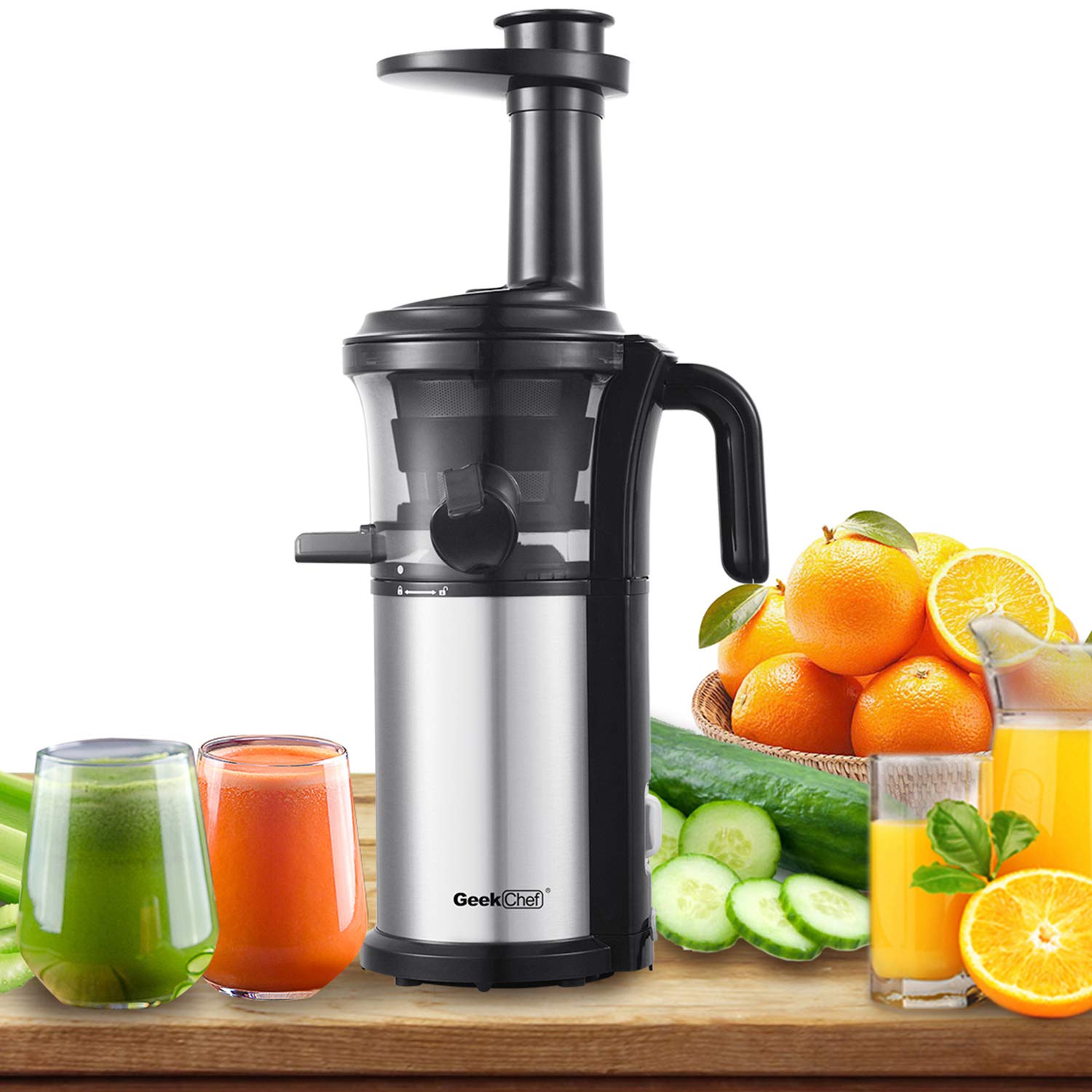

Articles
What Kind Of Juicer Should I Buy
Modified: January 5, 2024
Looking for articles on what kind of juicer to buy? Get expert advice and recommendations on the best juicers to suit your needs.
(Many of the links in this article redirect to a specific reviewed product. Your purchase of these products through affiliate links helps to generate commission for Storables.com, at no extra cost. Learn more)
Introduction
Are you looking to buy a juicer but feeling overwhelmed by the wide array of options available in the market? Choosing the right juicer can be a daunting task, as there are various factors to consider before making a decision. Whether you are a health enthusiast, a busy professional, or simply want to incorporate freshly squeezed juices into your diet, it is important to find a juicer that suits your needs.
In this article, we will explore different types of juicers, their features, and the factors to consider before purchasing one. By the end, you’ll be equipped with the knowledge to make an informed decision and select the perfect juicer that will meet your juicing requirements.
Key Takeaways:
- Choose a masticating juicer for nutrient-rich, pulp-free juice from leafy greens, while centrifugal juicers offer speed and convenience for a variety of fruits. Consider your juicing needs and budget before making a decision.
- When selecting a juicer, consider the specialized functionality of citrus, wheatgrass, and twin gear juicers. Each type offers unique benefits, so evaluate your juicing preferences and prioritize features that align with your needs.
Read more: What Kind Of Surge Protector Should I Buy
Factors to Consider Before Buying a Juicer
Before jumping into the world of juicers, it’s important to consider a few factors that can influence your purchasing decision. Here are some key factors to keep in mind:
- Type of Juicer: There are different types of juicers available, including centrifugal juicers, masticating juicers, citrus juicers, wheatgrass juicers, and twin gear juicers. Each type has its own advantages and disadvantages, so it’s essential to understand your juicing needs and preferences.
- Price Range: Juicers come in various price ranges, from budget-friendly options to high-end models. Determine your budget before starting your search, but remember that investing in a quality juicer can yield better results in terms of juice extraction and durability.
- Speed and Efficiency: Speed and efficiency are crucial factors to consider. Centrifugal juicers typically operate at high speeds and are faster in extracting juice, while masticating juicers have slower speeds but provide better nutrient retention and juice quality.
- Noise Level: Some juicers can be quite noisy, especially those with high-speed motors. If noise is a concern for you, consider looking for juicers that have noise-reduction features.
- Ease of Cleaning: Juicing can be a messy process, so opt for a juicer that is easy to clean. Look for juicers with dishwasher-safe parts or those that come with cleaning brushes to simplify the cleaning process.
- Size and Space: Consider the available space in your kitchen and choose a juicer that fits your countertop or storage area. If you have limited space, compact models or vertical juicers can be a great option.
- Juice Yield: Different juicers have varying juice extraction capabilities. Look for a juicer that maximizes juice yield from your favorite fruits and vegetables, ensuring you get the most out of each ingredient.
By considering these factors, you can narrow down your options and find the juicer that aligns with your needs and preferences. Now, let’s delve into the different types of juicers available in the market.
Centrifugal Juicers
Centrifugal juicers are the most common and popular type of juicers on the market. They work by using a high-speed spinning mechanism to extract juice from fruits and vegetables. Here are some key features and benefits of centrifugal juicers:
- Speed: Centrifugal juicers are known for their fast juicing capabilities. The high-speed spinning blades quickly extract juice, making them ideal for those who are short on time.
- Convenience: These juicers usually have a wide feed chute, allowing you to feed whole or large pieces of produce into the machine without the need for extensive chopping or cutting.
- Affordability: Centrifugal juicers are generally more affordable compared to other types of juicers, making them a popular choice for those on a budget.
- Easy to Clean: Most centrifugal juicers have dishwasher-safe parts, making cleanup a breeze. However, keep in mind that some models may have more intricate parts that require extra attention when cleaning.
- Efficient Juicing: Centrifugal juicers are efficient when it comes to juicing high-water content fruits and vegetables, such as apples, oranges, and cucumbers. They can extract juice quickly and effectively.
Despite their advantages, centrifugal juicers do have a few drawbacks to consider:
- Less Juice Yield: Centrifugal juicers may not extract juice as thoroughly as other types of juicers, resulting in lower juice yields.
- Oxidation: The high-speed spinning in centrifugal juicers can introduce more air into the juice, leading to faster oxidation and a shorter shelf life of the juice.
- Noisy Operation: The high-speed motor of centrifugal juicers can generate noise during operation. If noise is a concern, you may want to consider quieter alternatives.
- Not Suitable for Leafy Greens: While centrifugal juicers can handle most fruits and vegetables, they are not as effective at juicing leafy greens like spinach or kale. The spinning action may not extract as much juice from these ingredients.
Centrifugal juicers are a great option for those looking for convenience, speed, and affordability. They are well-suited for juicing predominantly fruits and non-leafy vegetables. However, if you are interested in juicing leafy greens or want higher juice yields, you may need to explore other types of juicers.
Masticating Juicers
Masticating juicers, also known as slow juicers or cold press juicers, are a popular choice for health-conscious individuals who prioritize the quality and nutritional value of their juice. These juicers operate at a slower speed compared to centrifugal models, utilizing a crushing and squeezing action to extract juice. Here are some key features and benefits of masticating juicers:
- Nutrient Retention: Masticating juicers use a slow and gentle extraction process, resulting in less heat and oxidation. This helps preserve more nutrients and enzymes in the juice, ensuring maximum health benefits.
- Efficiency with Leafy Greens: Masticating juicers excel at extracting juice from leafy greens, such as spinach, kale, and wheatgrass. The slow grinding process ensures optimal juice yield from these ingredients.
- Less Foam and Pulp: These juicers produce less foam and pulp in the juice, resulting in a smoother and pulp-free texture. If you prefer a clearer juice consistency, masticating juicers are a great choice.
- Quiet Operation: Unlike centrifugal juicers, masticating juicers operate at a slower speed and produce less noise, making them ideal for those who prefer a quieter juicing experience.
- Higher Juice Yield: Masticating juicers extract more juice and leave behind drier pulp, resulting in higher juice yields compared to centrifugal juicers.
While masticating juicers offer many benefits, it’s important to consider the following factors before purchasing:
- Slower Speed: Masticating juicers can take longer to extract juice due to their slow and meticulous process. If time is a constraint, you may need to plan accordingly or opt for a centrifugal juicer.
- Price Range: Masticating juicers are generally more expensive than centrifugal models due to their advanced technology and superior juice quality. Consider your budget before investing in a masticating juicer.
- Feed Chute Size: Some masticating juicers have smaller feed chutes, requiring you to chop the produce into smaller pieces before juicing. This can add prep time to the juicing process.
- Cleaning: Masticating juicers typically have more parts to clean than centrifugal juicers. While most parts are dishwasher safe, some may require manual cleaning and extra care.
Masticating juicers are an excellent choice for those seeking maximum nutrient retention, efficient juicing of leafy greens, and a smoother juice consistency. They may require a bit more time and investment, but the quality and health benefits of the juice make it worthwhile for many health enthusiasts.
Citrus Juicers
If you’re a fan of citrus fruits like oranges, lemons, and grapefruits, a citrus juicer is a must-have kitchen appliance. These juicers are specifically designed to extract juice from citrus fruits with ease. Here are some key features and benefits of citrus juicers:
- Simple and Compact: Citrus juicers are typically compact in size and have a simple design, making them easy to use and store. They are perfect for those who primarily juice citrus fruits and don’t require the versatility of other juicer types.
- Efficient Citrus Extraction: These juicers are specifically designed for citrus fruits and offer optimal juice extraction with minimal effort. They have a specially shaped cone that efficiently extracts juice from various sizes of citrus fruits.
- No Seeds or Pulp: Citrus juicers are designed to separate the seeds and pulp from the juice, giving you a smooth and seed-free citrus juice every time.
- Manual and Electric Options: Citrus juicers are available in both manual and electric models. Manual juicers are operated by hand, requiring you to manually apply pressure on the fruit to extract the juice. Electric juicers, on the other hand, automate the process, making it even easier.
- Cost-effective: Citrus juicers are generally more affordable compared to other juicer types, making them a budget-friendly choice for citrus enthusiasts.
While citrus juicers offer convenience for juicing citrus fruits, they do have a few limitations to consider:
- Limited Application: Citrus juicers are specifically designed for citrus fruits and may not be suitable for juicing other types of fruits or vegetables.
- Single Functionality: Unlike other juicer types that offer versatility, citrus juicers serve a single purpose – juicing citrus fruits. If you’re looking for a multi-purpose juicer, you may need to consider other options.
If you enjoy the refreshing taste of citrus juices and want a dedicated juicer for your citrus fruits, a citrus juicer is the perfect choice. It provides efficient extraction, simplicity, and cost-effectiveness, making it a valuable addition to any kitchen.
When choosing a juicer, consider the type of produce you’ll be juicing most often. Centrifugal juicers are great for hard fruits and vegetables, while masticating juicers are better for leafy greens and wheatgrass. Consider your juicing habits before making a purchase.
Read more: What Kind Of Garage Door Opener Should I Buy
Wheatgrass Juicers
If you’re a fan of wheatgrass shots or looking to incorporate the nutritional benefits of wheatgrass into your diet, a wheatgrass juicer is a specialized juicer designed specifically for juicing wheatgrass. Here’s what you need to know about wheatgrass juicers:
- Efficient Wheatgrass Extraction: Wheatgrass juicers are specifically designed to extract juice from wheatgrass efficiently. They use a slow and gentle process that ensures maximum juice yield and preserves the nutrients in the wheatgrass.
- Sturdy Construction: Wheatgrass juicers are built to handle the fibrous nature of wheatgrass. They typically have durable parts and mechanisms that can withstand the pressure required to extract juice from this tough plant.
- Compact Design: These juicers are typically compact in size, making them ideal for small spaces and easy storage. They are designed with simplicity in mind, with only the necessary components for juicing wheatgrass.
- Easy to Clean: Wheatgrass juicers are generally easy to clean. Most models have parts that are dishwasher safe or can be easily rinsed and cleaned manually.
- Specialized Functionality: While wheatgrass juicers excel at juicing wheatgrass, they may not be suitable for juicing other fruits and vegetables. If you’re looking for a versatile juicer, you may need to consider other options to cover a wider range of juicing needs.
If you’re serious about incorporating wheatgrass into your daily routine or are a dedicated wheatgrass enthusiast, a wheatgrass juicer is a worthy investment. Its specialized design and functionality ensure efficient extraction and maximum nutrient retention from wheatgrass.
Twin Gear Juicers
Twin gear juicers, also known as triturating juicers, are high-end juicers that offer superior juice quality and extraction capabilities. These juicers use two interlocking gears to crush and extract juice from fruits and vegetables. Here’s what you need to know about twin gear juicers:
- Maximum Nutrient Retention: Twin gear juicers are known for their slow and gentle extraction process, which minimizes heat and oxidation. This helps retain the maximum amount of nutrients, enzymes, and phytochemicals in the juice.
- Optimal Juice Yield: The twin gears in these juicers work together to thoroughly crush and extract juice, resulting in high juice yields and drier pulp. This makes them highly efficient for juicing a wide variety of produce.
- Versatility: Twin gear juicers are versatile and can handle a wide range of fruits, vegetables, leafy greens, and even wheatgrass. They are often considered the go-to choice for serious juicing enthusiasts.
- Exceptional Juice Quality: The slow grinding action of twin gear juicers produces juice with minimal oxidation and foam, resulting in a higher quality juice that remains fresh for longer periods of time.
- Durability: Twin gear juicers are typically built with durable materials such as stainless steel, making them long-lasting and capable of handling heavy daily juicing.
While twin gear juicers are renowned for their performance, there are a few aspects to consider before making a purchase:
- Complex Design: Twin gear juicers have more parts and a more complex design compared to other juicer types. This may make assembly, disassembly, and cleaning a bit more time-consuming.
- Higher Price Range: Due to their advanced technology and build quality, twin gear juicers tend to be more expensive than other juicer types. Consider your budget and juicing needs before investing in a twin gear juicer.
- Size and Weight: Twin gear juicers are often larger and heavier than other juicer types, which may require more countertop space and make them less portable.
If you’re passionate about juicing and want the highest juice quality, nutrient retention, and versatility, a twin gear juicer is the ultimate choice. Its advanced features and exceptional performance make it a valuable investment for those seeking the best juicing experience.
Juicer Brands to Consider
When it comes to choosing a juicer, there are several reputable brands known for their quality, performance, and customer satisfaction. Here are a few juicer brands that you should consider:
- Breville: Breville is a renowned brand that offers a wide range of juicers, including centrifugal and masticating models. They are known for their innovative features, durability, and stylish designs. Breville juicers are highly rated for their performance and ease of use.
- Omega: Omega is well-known for its masticating and twin gear juicers. They prioritize nutritional quality and juice yield, ensuring maximum extraction and juice quality. Omega juicers are favored by health enthusiasts and juicing enthusiasts alike.
- Hurom: Hurom specializes in slow juicers, particularly masticating juicers. They are known for their advanced technology, sleek designs, and quiet operation. Hurom juicers are praised for their juice quality, efficiency, and customer satisfaction.
- Kuvings: Kuvings is a leading brand in the juicing industry, offering a range of masticating and centrifugal juicers. They are highly regarded for their powerful motors, durability, and wide feed chutes for convenient juicing.
- Jack Lalanne: Jack Lalanne juicers are popular for their affordability, simplicity, and performance. They offer a variety of centrifugal juicers that provide efficient juice extraction and easy cleanup.
- Tribest: Tribest is recognized for its diverse range of juicers, including masticating, twin gear, and citrus juicers. They focus on producing high-quality juice while maintaining the nutritional integrity of the ingredients.
These are just a few of the many juicer brands available in the market. When considering a juicer brand, it’s important to research and read customer reviews to ensure you choose a reliable brand that fits your specific juicing needs and preferences.
Remember, the best juicer brand for you will depend on factors such as the type of juicer you prefer, your budget, the features you prioritize, and the fruits and vegetables you plan to juice. Take the time to evaluate your requirements and compare different brands to make an informed decision.
Conclusion
Choosing the right juicer for your needs can greatly enhance your juicing experience and help you achieve your health and wellness goals. Before making a purchase, it’s important to consider factors such as the type of juicer, price range, speed and efficiency, noise level, ease of cleaning, size and space, juice yield, and brand reputation.
Centrifugal juicers offer convenience and speed, making them a popular choice for those with busy lifestyles. They are affordable and suitable for juicing a variety of fruits and non-leafy vegetables. However, they may not be as effective for leafy greens and may have lower juice yields.
Masticating juicers are known for their slow and gentle extraction process, which preserves nutrient content and provides higher juice yields. They are ideal for juicing leafy greens, offer superior juice quality, and are relatively quiet. However, they can be more expensive and take longer to extract juice.
Citrus juicers are perfect for those who primarily juice citrus fruits. They are simple to use, easy to clean, and affordable. However, they have limited functionality and are not suitable for juicing other types of fruits and vegetables.
Wheatgrass juicers are specially designed for efficiently extracting juice from wheatgrass. They offer maximum nutrient retention and are compact in size. However, they may have limited application and may not be as versatile as other juicer types.
Twin gear juicers are the top choice for serious juicing enthusiasts. They provide exceptional juice quality, higher juice yields, and versatility for a wide range of fruits, vegetables, and leafy greens. However, they can be more expensive, require more cleaning, and take up more space.
When considering a juicer brand, some reputable options include Breville, Omega, Hurom, Kuvings, Jack Lalanne, and Tribest. Each brand has its own strengths and features, so it’s important to research and choose a brand that aligns with your specific juicing needs.
In conclusion, finding the right juicer involves considering your juicing preferences, budget, and the features that matter most to you. By carefully evaluating these factors and understanding the different types of juicers available, you can make an informed decision and bring home a juicer that will provide you with delicious, nutritious, and refreshing juices for years to come.
Frequently Asked Questions about What Kind Of Juicer Should I Buy
Was this page helpful?
At Storables.com, we guarantee accurate and reliable information. Our content, validated by Expert Board Contributors, is crafted following stringent Editorial Policies. We're committed to providing you with well-researched, expert-backed insights for all your informational needs.
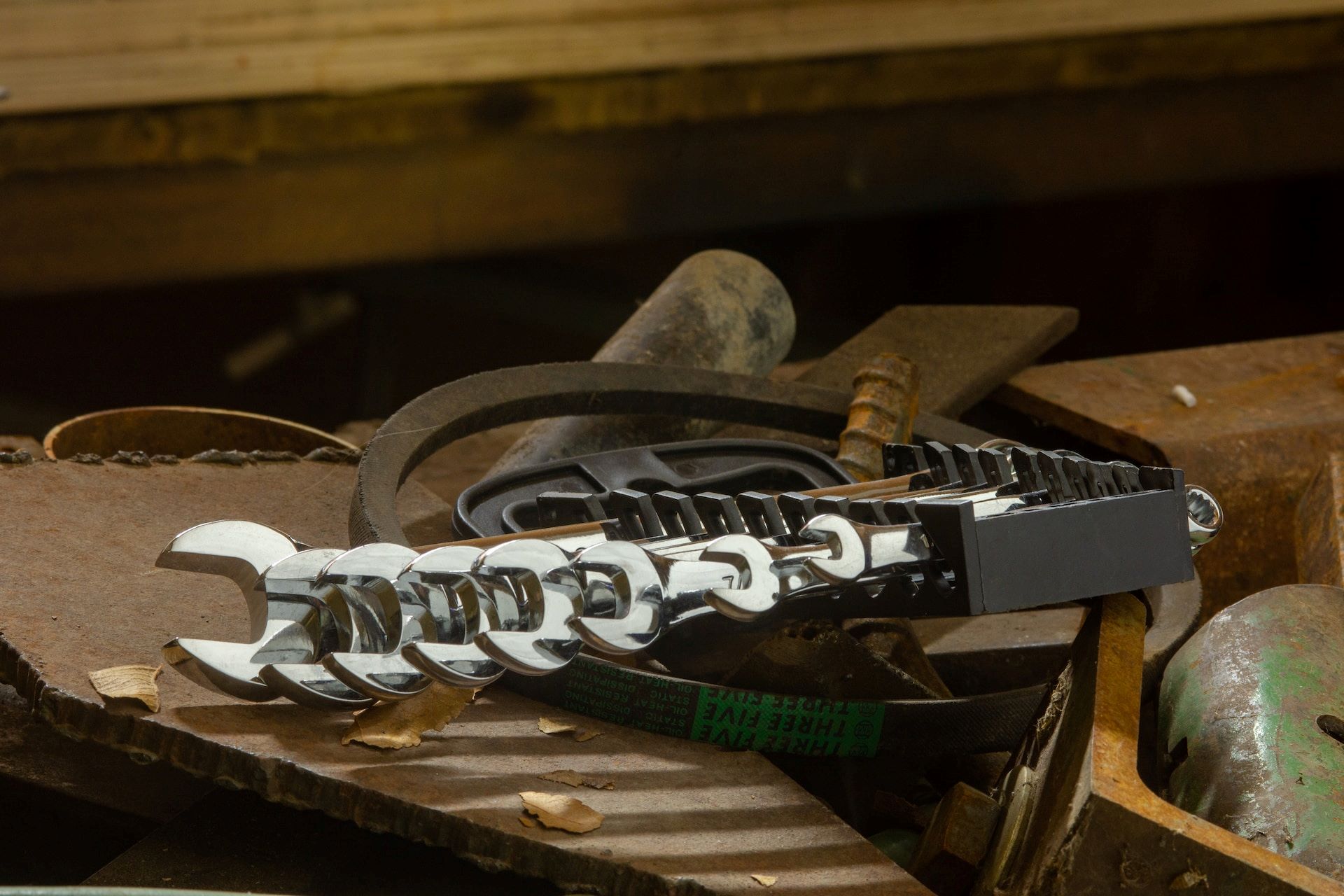
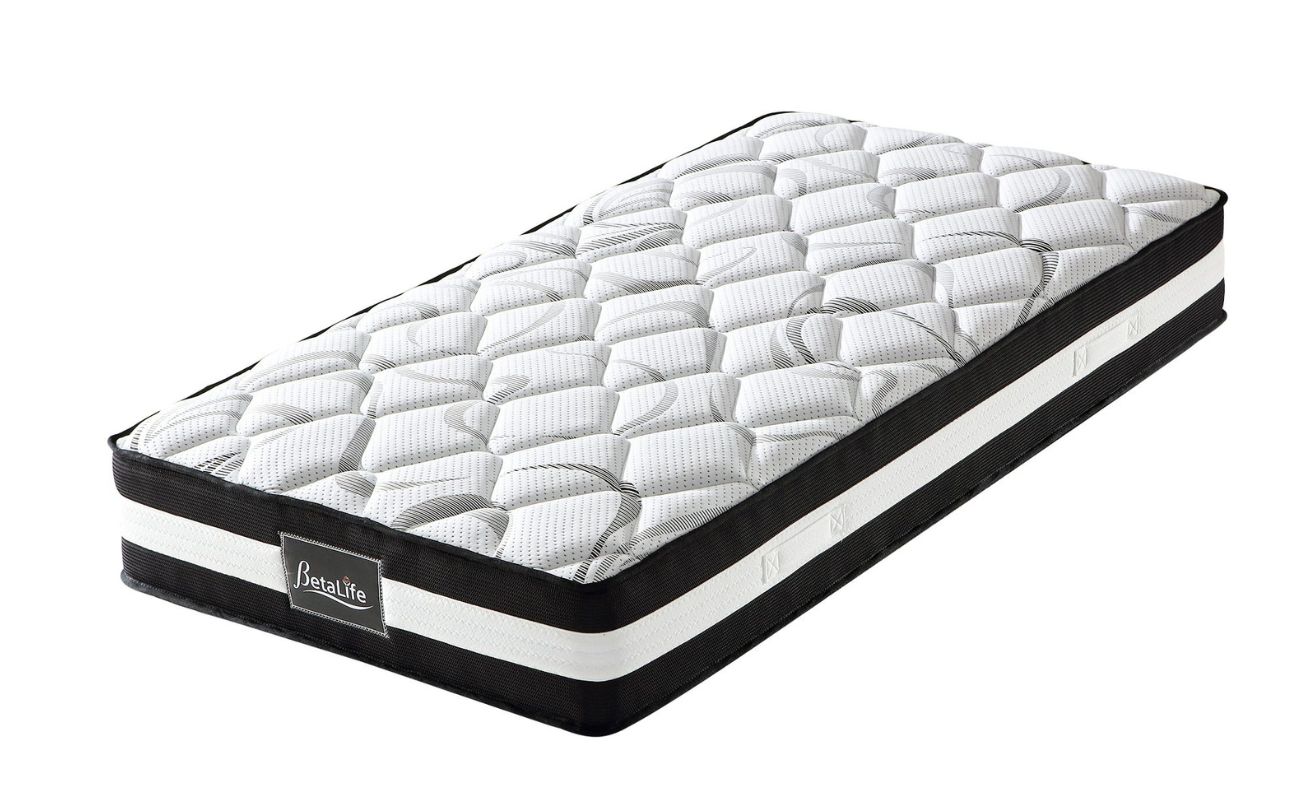

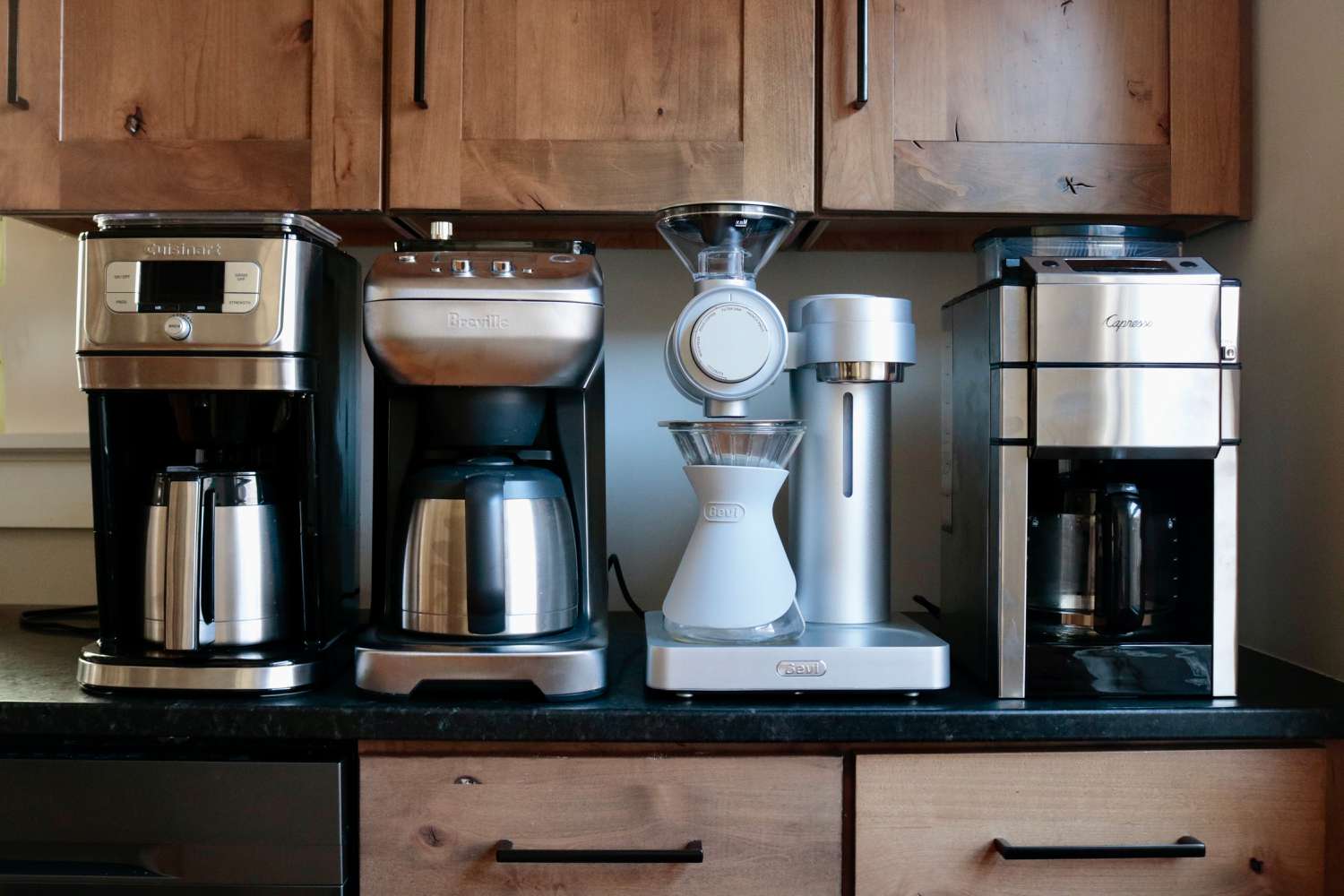

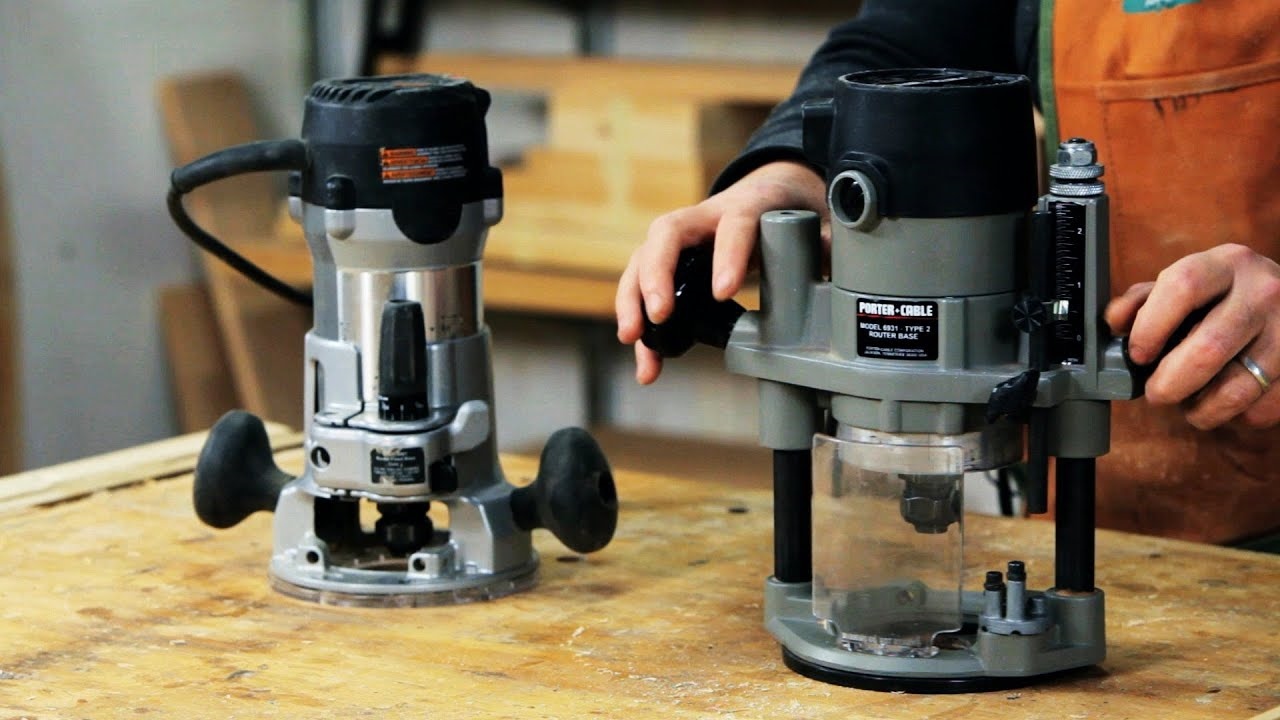
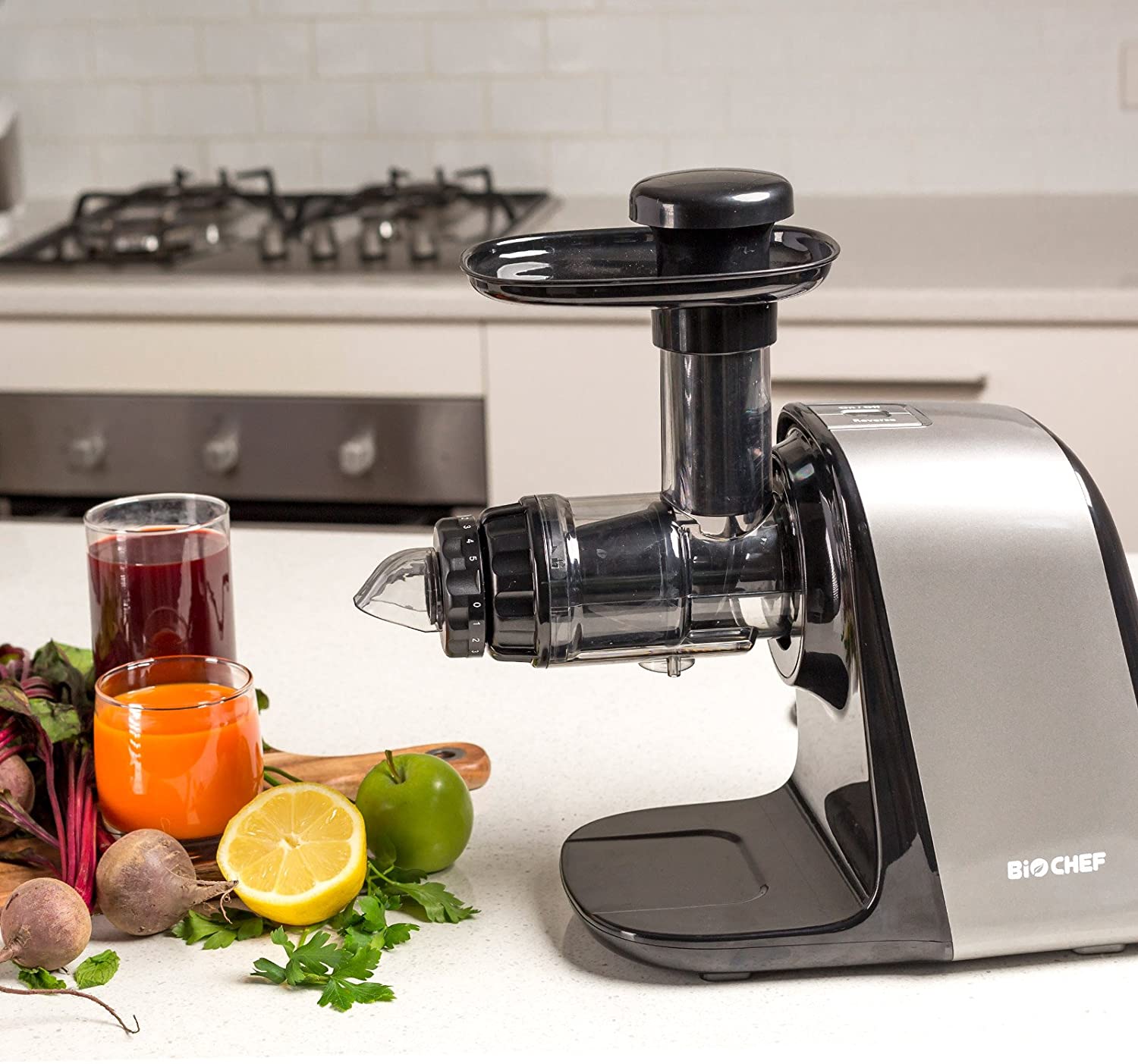
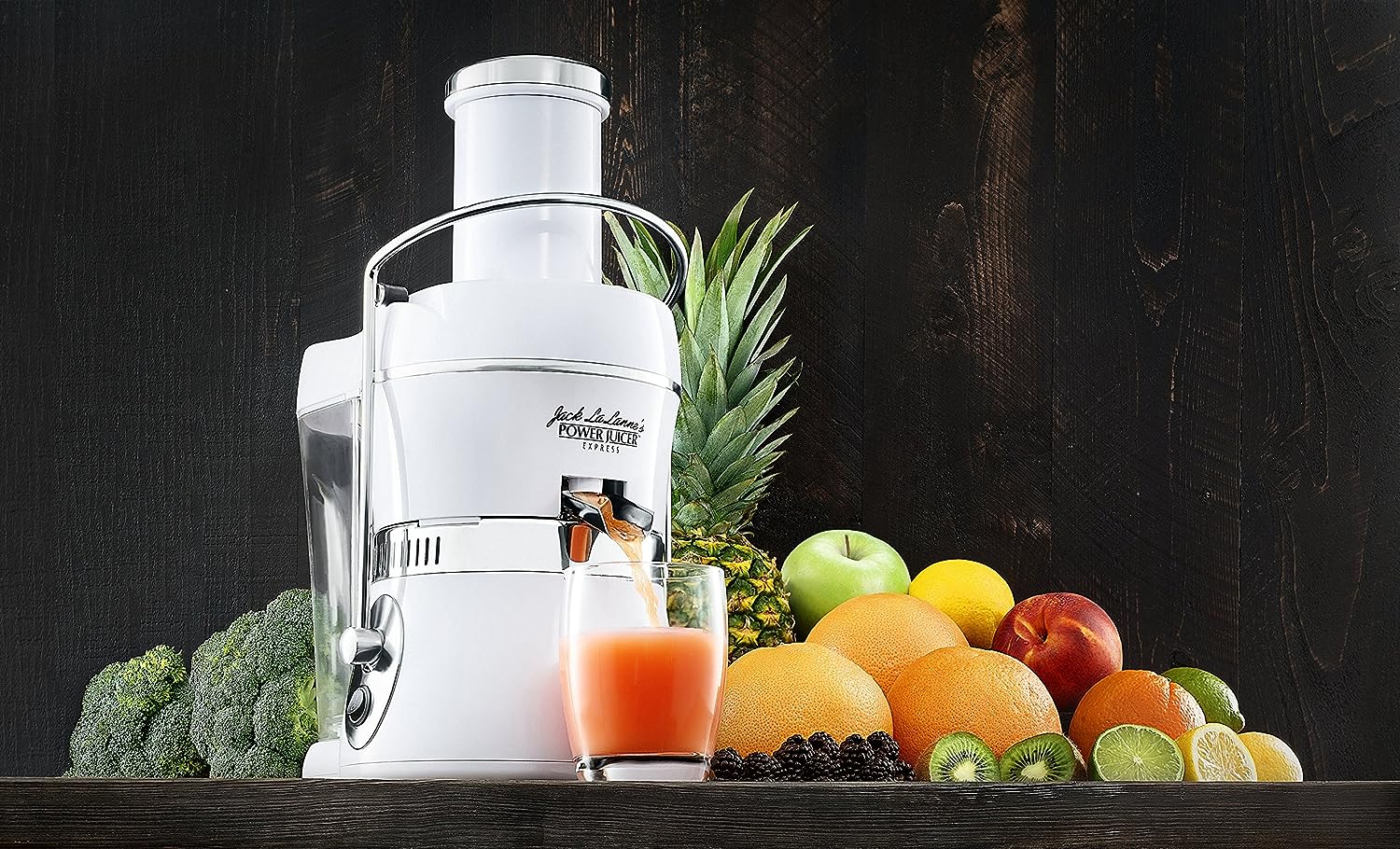
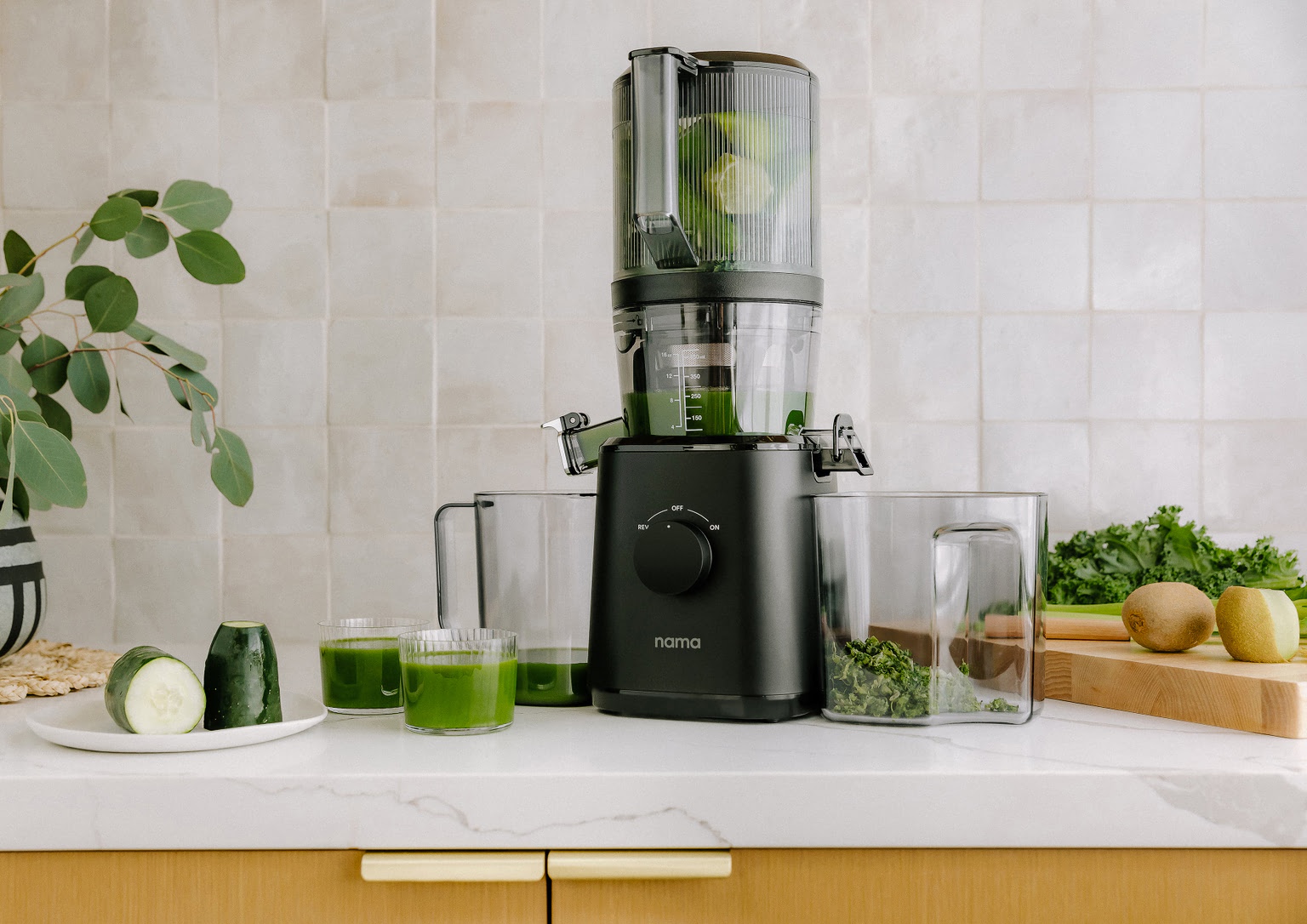

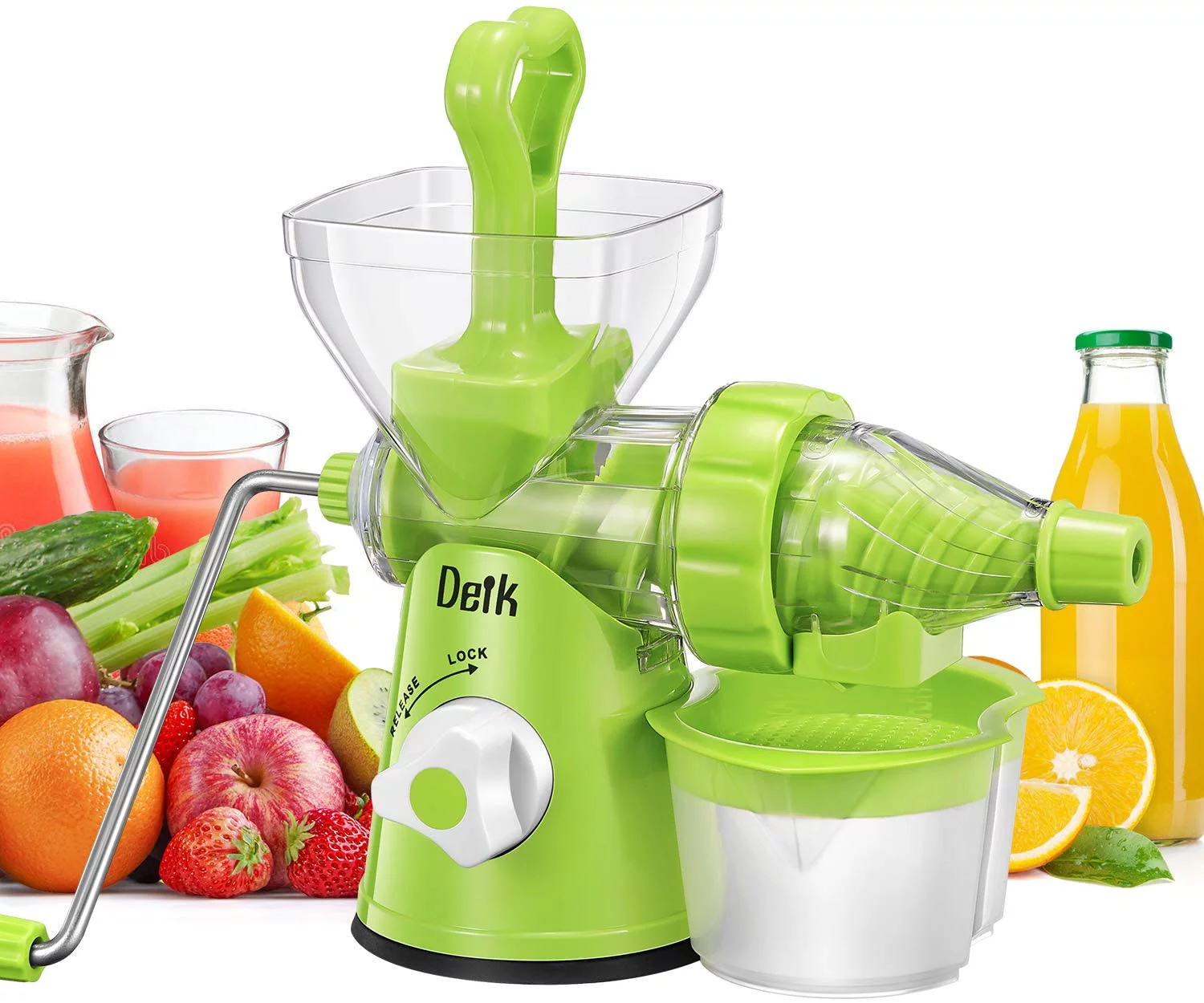
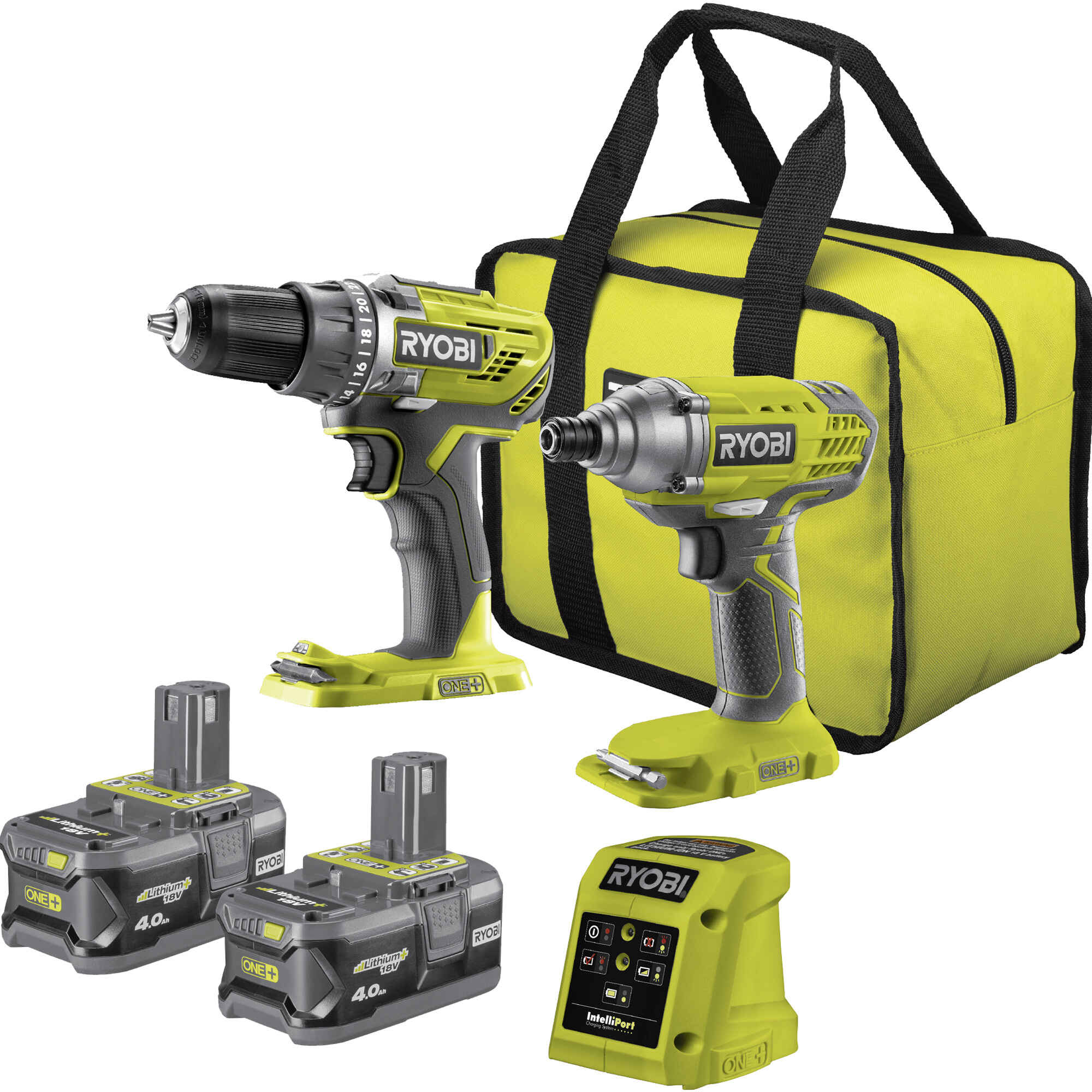
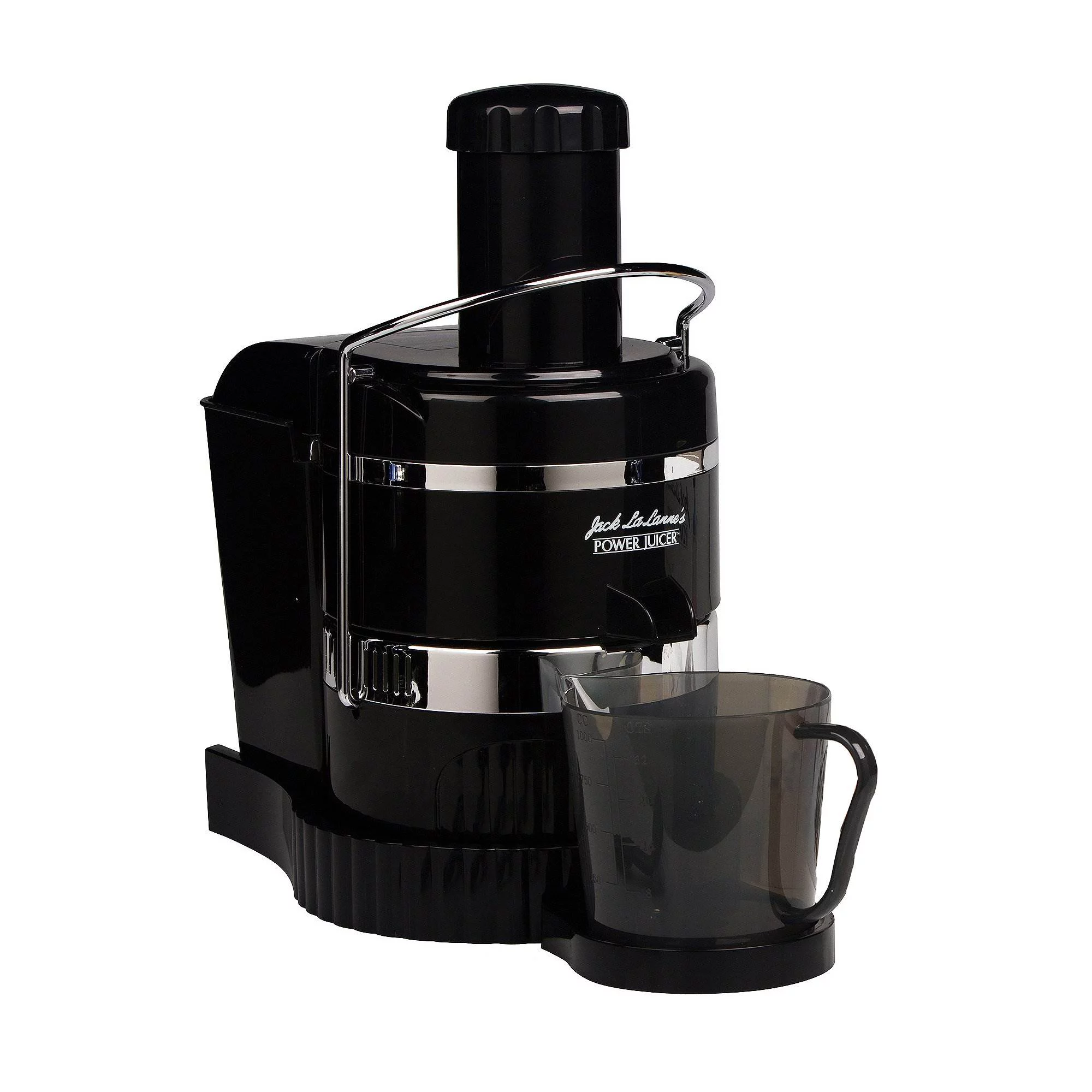
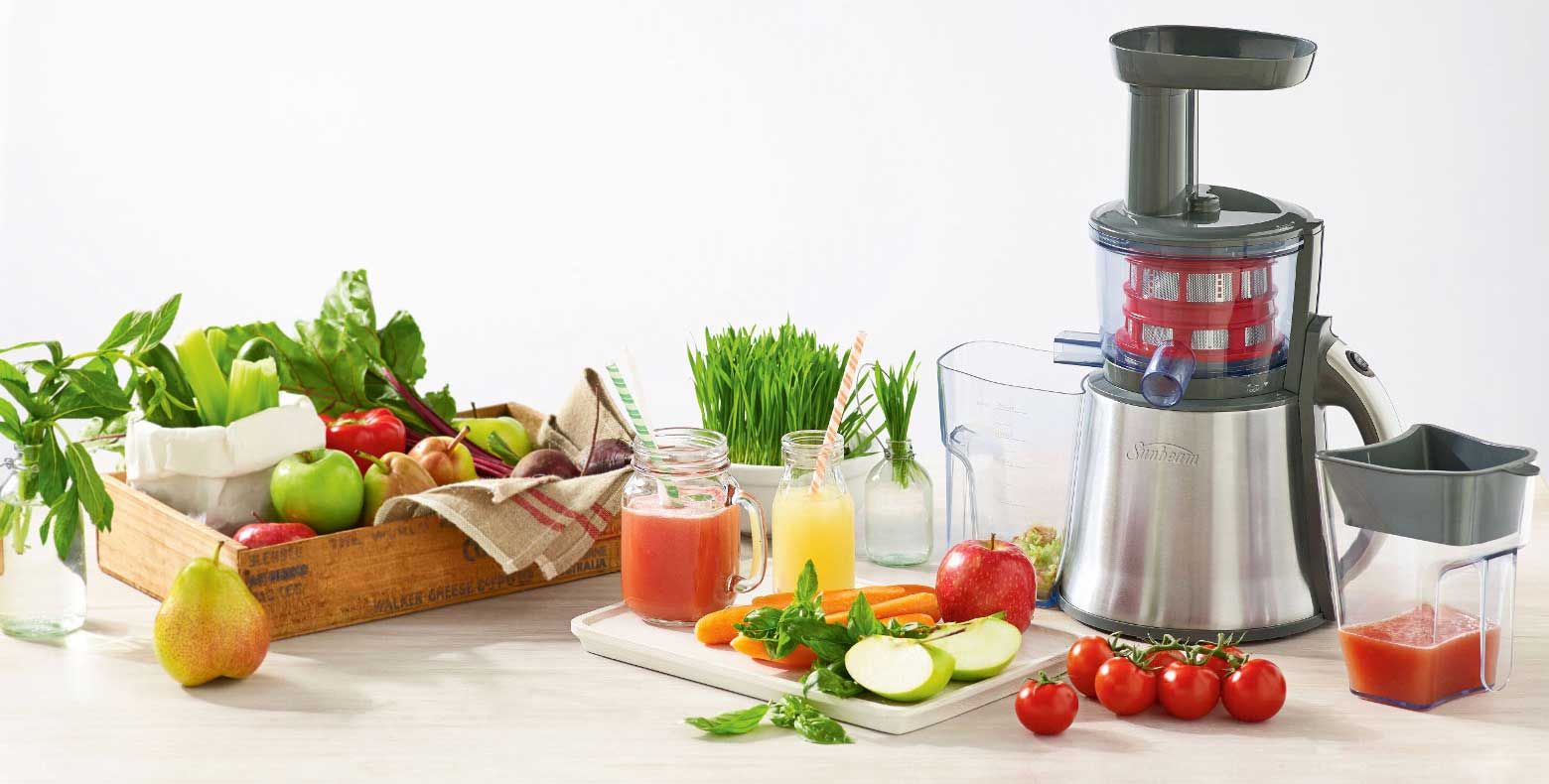

0 thoughts on “What Kind Of Juicer Should I Buy”